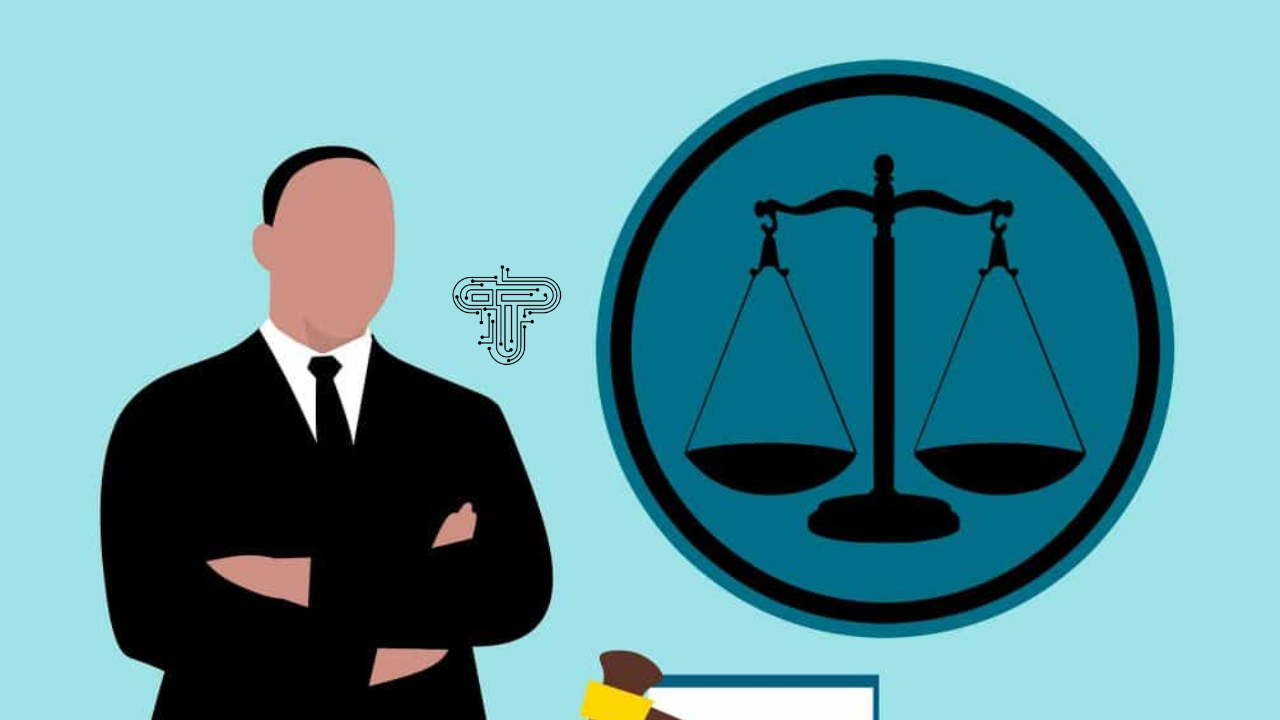How to Report a Lawyer for Malpractice: Steps and Tips | Jurisfera
Clients must navigate a structured process that varies by jurisdiction but generally follows similar principles to report a lawyer for malpractice. Here’s a guide based on insights about the steps involved, what qualifies as malpractice, and potential outcomes.
Understanding Lawyer Malpractice
Legal malpractice occurs when an attorney fails to perform to the expected standards, causing harm to a client. Malpractice often involves negligence, such as missing a crucial deadline or improperly advising a client, as well as breaches of fiduciary duty or conflicts of interest. To determine whether your case qualifies, you’ll need to prove a few essential elements: that the lawyer owed you a duty of care, breached that duty, and that this directly led to financial loss or harm. Some common examples include failing to file critical documents, neglecting client needs, or misappropriating funds.
Steps to Report Legal Malpractice
- Document the Lawyer’s Actions: Before filing a complaint, gather all relevant documents, including correspondence, case files, and any contract you had with the attorney. Documenting the actions you believe constitute malpractice is essential; this evidence will help during the investigation.
- Consult the State’s Attorney Discipline Agency: Each state has a disciplinary board or bar association overseeing attorney conduct. Many agencies provide complaint forms and guidelines on their websites. You may also contact them to understand the process and required documents. Depending on the jurisdiction, the agency might request an initial written complaint or may allow a phone submission.
- Submit a Formal Complaint: After gathering documentation, submit your complaint to the relevant state authority. Provide precise details about the alleged malpractice, including the lawyer’s name, contact information, and a concise account. Once submitted, the disciplinary board typically reviews whether the complaint suggests ethical or legal misconduct.
- Await the Investigation Process: They will investigate if the board deems the complaint valid. This may involve interviewing witnesses, reviewing your documentation, and asking the attorney to respond to the allegations. Investigations can take time, so patience is necessary. Depending on the findings, the board may close the case, issue a warning, or initiate a formal disciplinary hearing.
- Possible Outcomes of a Complaint: If misconduct is found, disciplinary actions can range from warnings and reprimands to suspension or disbarment. Disbarment may be considered for severe cases involving ethical violations, like fraud or serious conflicts of interest. If the board rules in your favor, the decision can support any civil case you pursue for compensation, though separate legal action may be required to obtain financial restitution.
Filing a Civil Malpractice Lawsuit
Aside from reporting to a disciplinary board, you may consider a civil lawsuit if the lawyer’s malpractice resulted in significant financial harm. Legal malpractice suits require establishing that the attorney-client relationship existed, that the lawyer breached their duty, and that this breach caused measurable financial loss. Some damages are calculable, like fees for unnecessary services, while others, like lost settlement value, might require expert testimony to quantify.
Challenges and Considerations
- Proving Malpractice: Legal malpractice cases can be challenging to establish due to the need for clear causation between the lawyer’s actions and the client’s financial loss. Additionally, many cases require expert witnesses to testify that a reasonably competent attorney would have acted differently, which adds complexity and cost.
- Statute of Limitations: Malpractice claims have a statute of limitations that varies by state. Missing this deadline may eliminate your right to pursue a claim, so consulting a legal professional about timing is advisable if you believe your attorney acted unethically.
- Alternative Solutions: In some instances, fee disputes or dissatisfaction with minor errors may be resolved by speaking directly with the attorney. Alternative dispute resolution or arbitration services are also options, especially for minor issues that may not rise to the level of malpractice.
Read More
Conclusion
If you believe your lawyer has committed malpractice, begin by collecting evidence, understanding your state’s complaint process, and filing a report with the appropriate disciplinary board. While navigating this process can be time-consuming, it may ultimately ensure accountability and maintain ethical standards within the legal profession.







